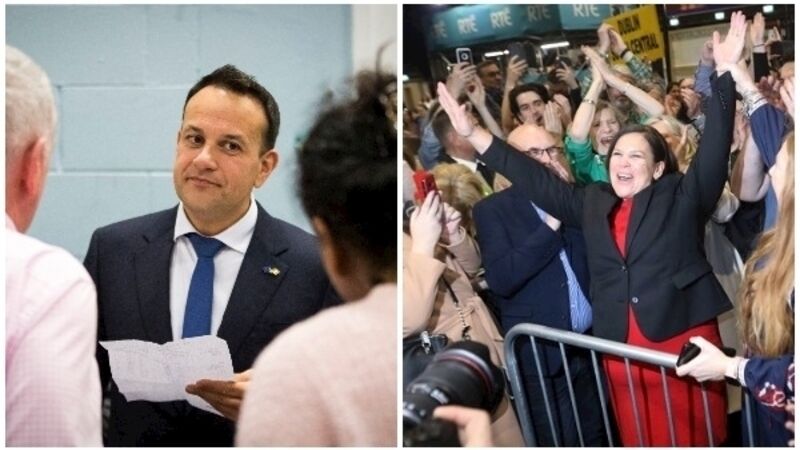Irish Examiner View: Balancing patience and urgency - Agreeing a new government

Next weekend, EU leaders meet in Brussels for what, in the lexicon of diplomacy, is expected to be a four-shirter — a streetwise description of a meeting unlikely to conclude quickly. How could it?
The meeting will try to tweak post-Brexit budgets reduced by around €75bn between now and 2027. “And, now, we are fighting like ferrets in a sack,” said one careworn diplomat, trying to identify possibilities.
















